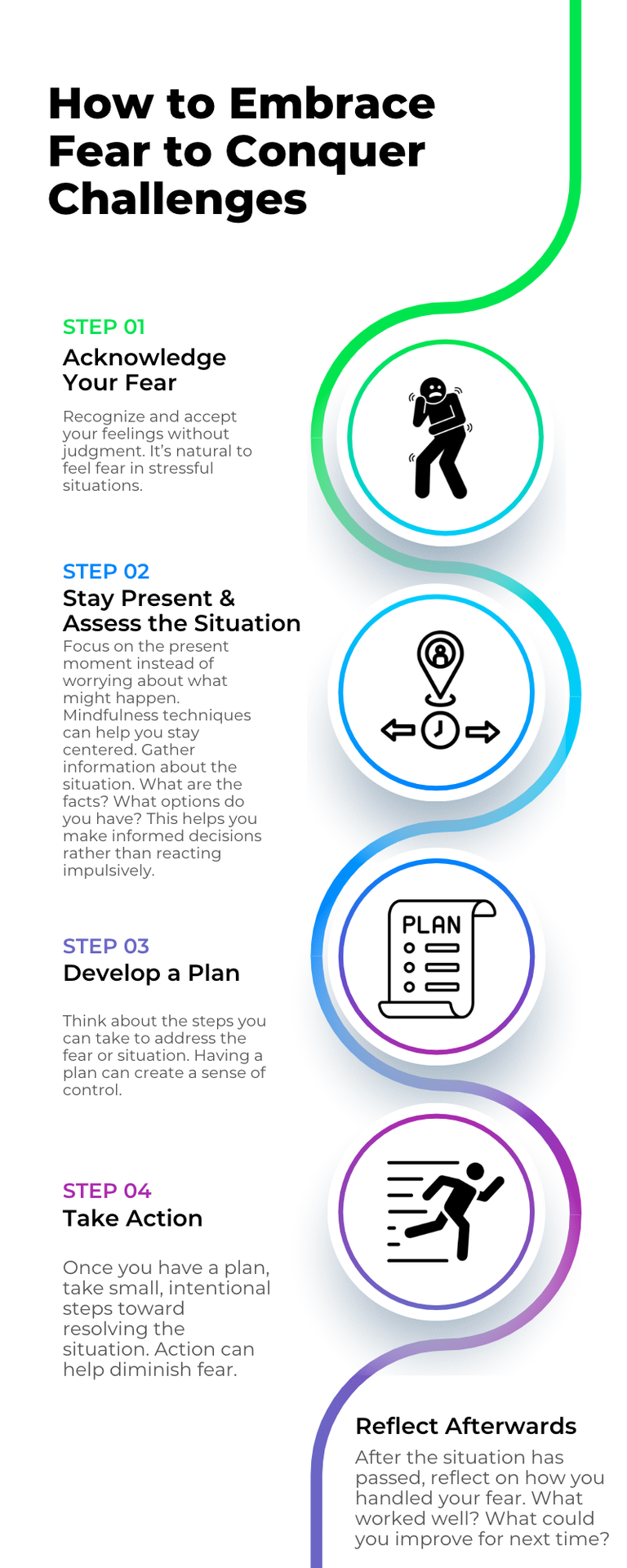About a decade and a half ago I was standing in a booth at the now-defunct Action Sports Retailer trade show when I received unsolicited and wise advice from a big wave surfer. He told me, “Fear is your friend. It lets you know your limits right now.”
It’s ironic to hear a big wave surfer extolling the virtues of fear as a friend that helps identify limits when their very pursuit defies conventional limits and embraces a reckless disregard for fear. While they navigate monstrous waves with seemingly boundless courage, their adrenaline-fueled adventures suggest a unique relationship with fear—one that allows them to push beyond what most would consider rational. In their world, the absence of fear isn’t just a personal philosophy; it’s a thrilling lifestyle that challenges the notion of limits, making their reflections on fear both insightful and paradoxical.
There are No Atheists in the Impact Zone
While I couldn’t find any publicly attributed sources, according to Denis Morton in one of his Peloton rides, he attributes the quote “There are no atheists in the impact zone,” to big wave surfer Chris Brown. It is similar to the also unattributed phrase “There are no atheists in foxholes,” often associated with war correspondent Ernie Pyle or President Dwight D. Eisenhower. Whichever quote or source, the meaning is the same. When facing imminent danger we often turn to God or spirituality. Perhaps instead we should respond to fear with a calm, intentional set of actions to maintain clarity, mindfulness, and action.
Fear as An Ancient Survival Instinct
Our ancient ancestors relied on fear as a crucial survival tool, using it to respond quickly to potential threats in their environment. When someone saw the grass move, that instinctive fear triggered an immediate reaction—an alertness that prompted them to flee or find cover. This instinctive response could mean the difference between life and death, as those who ignored such signs often became food themselves. By honing their ability to sense danger, our ancestors not only survived but thrived in a world filled with predators, demonstrating that fear, when embraced, could lead to greater chances of survival.
When Fear is Your Friend
Fear can actually be a friend because it serves as an important survival mechanism. It alerts us to potential dangers, helps us avoid risky situations, and can even motivate us to take action and make better decisions. When we embrace fear instead of shying away from it, we can learn, grow, and ultimately become more resilient.
The key is not to ignore fear or learn to not be afraid. Instead, we should understand fear and use it to help identify our limits. This awareness will help us prepare when faced with fear in critical situations. We must acknowledge fear, stay present, and act with the intention to survive. Remaining calm is one of the biggest challenges.
When facing fear start by acknowledging your fear, breathe deeply, and ground yourself. Stay present and assess the situation. While fight or flight may be the natural reactions, what options do you have? Develop a plan, seek support, and take action. After the situation has passed, reflect on how you handled your fear. What worked well and what could be improved for next time?

